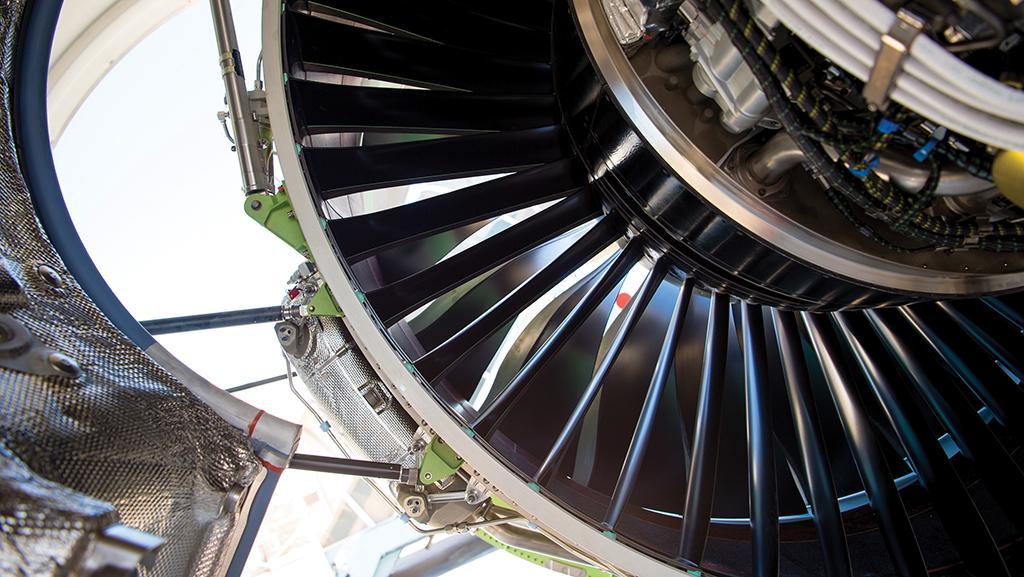
Pratt & Whitney Geared Turbofan (GTF) operators are still trying to understand the impact of a production issue that will require almost 1,000 engines from the active fleet to be inspected, a process that will involve up to 700 additional shop visits.
Although the Airbus A320neo-family aircraft powered by PW1100G engines built between 2016 and 2021 are known, it will take Pratt & Whitney up to two months to finalize the maintenance and inspection plan.
Accordingly, it is difficult to say when aircraft will have to be taken out of revenue service and for how long.
Even so, many GTF operators are gearing up for disruption. Air New Zealand, which has 16 A320neo-family aircraft, said this week that it may need to make “significant” changes to its schedule over the coming months.
In the U.S., meanwhile, Spirit Airlines has seen its ratings agency outlook worsen on the back of weaker margins and GTF engine issues.
Revising the low-cost carrier’s outlook from "stable" to "negative," Fitch Ratings said that Spirit is the largest GTF operator in the U.S. and that its aircraft utilization had already suffered from poor engine availability.
“These issues will have a material impact on [third-quarter] earnings and are likely to persist well into 2024,” the ratings agency stated, adding, “Fitch expects RTX [parent company of Pratt & Whitney] to compensate airlines for the most recent issues, but the timing and magnitude of such reimbursements is unknown at this time.”
In Europe, another large GTF operator, Wizz Air, has flagged that its capacity could be 10% lower in the six months to March 31, 2024, as a result of the engine inspections this year and into the next.
“The company continues to take proactive action to mitigate any financial and operational impact and will be seeking financial compensation from Pratt & Whitney,” Wizz Air said. This has caused Pratt parent RTX to record a pre-tax operating profit charge in the third quarter of 2023 of approximately $3 billion.
This includes estimates of potential compensation and other considerations for customer fleet disruption and the impact of estimated incremental costs to long-term maintenance contracts as a result of this matter.



